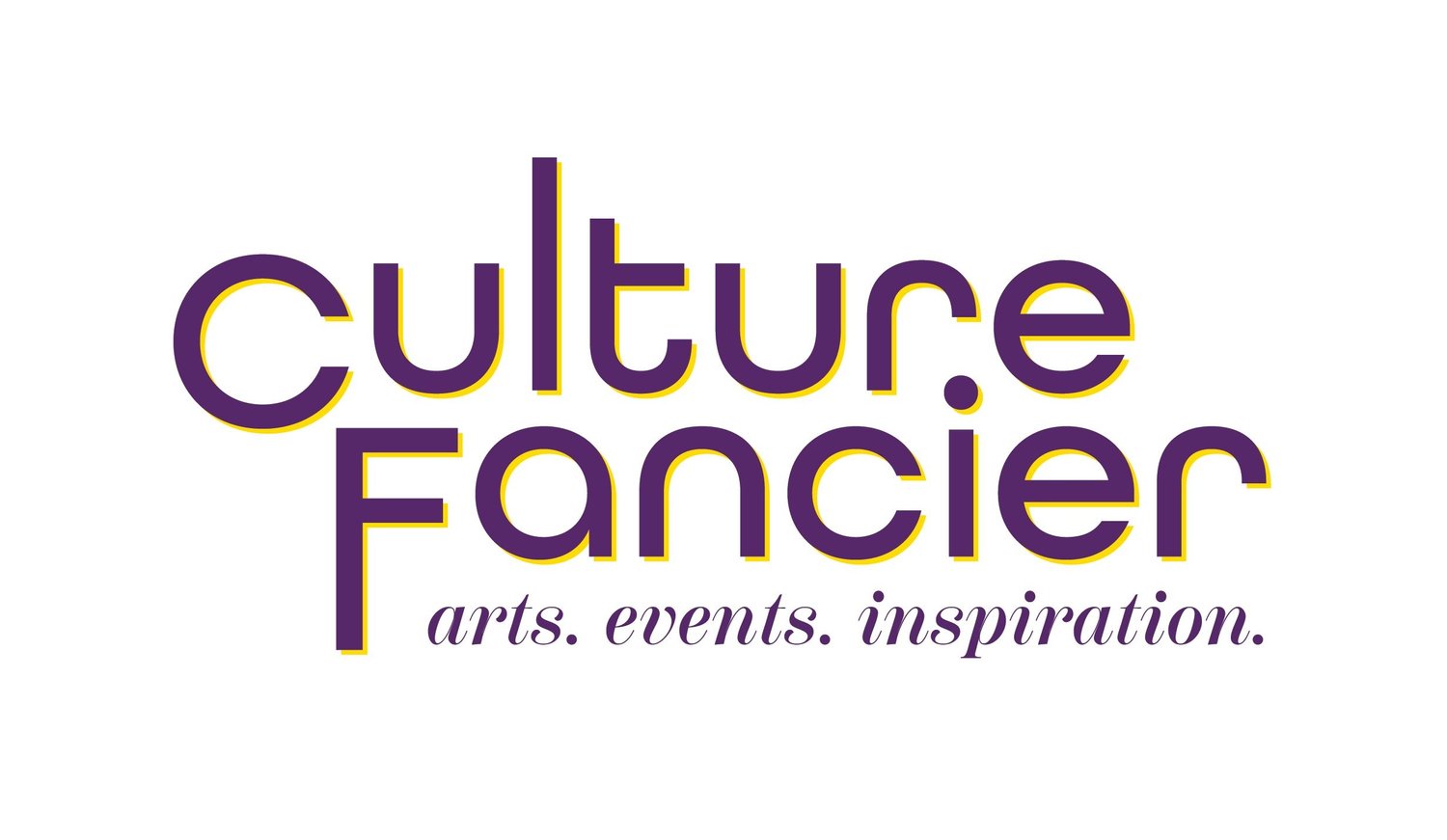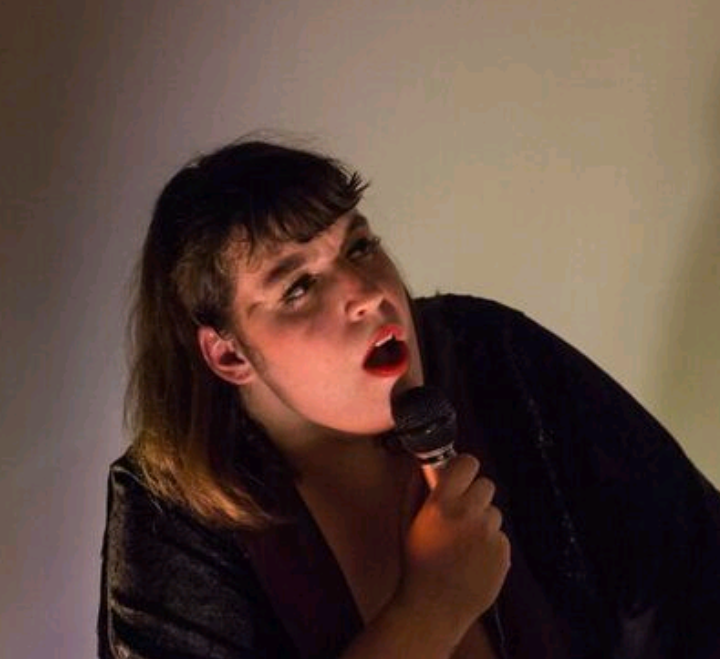Interview by Tess Martens
I met Florian Witt when doing studio visits at the University of Guelph. He is a German exchange student in the Specialized Studio class. I was in that class with Monica Tap and Christian Giroux in 2011-2012. It was a total flashback! I gravitated towards Witt’s work because of the raw, unprecious and colourful qualities to his work. His studio was pretty bare except for some drawn and painted found objects such as canvases and a retropie emulation station on a milk crate.
Martens: Alright Florian, say your name, first and last.
Witt: Florian Witt
M:Where are you based?
W: I am based in Bremen, Germany.
M: Nice, and what made you come to Canada?
W: Well there was this exchange program from the DAAD, an organization in Germany for exchange scholarships.
M: And do you have to apply for the scholarship?
W: Oh yeah, it was only three students from the University. You have to apply with a portfolio and a motivational letter. Then we get chosen.
M: How many months are you in Guelph for?
W: Four months. I came here September 1st to Christmas.
M: How long have you been drawing and painting for?
W: I say I’ve been drawing way longer than I’ve painting. Obviously I drew as a child but stopped for a long time until I was sixteen. I was like wait, I drew as a child so I should do that maybe. Pretty much drew since then.
M: A lot of people in your program are younger than you.
W: In Germany, the programs is more mixed in ages.
M: Do you paint in Oils?
W: At first I just bought acrylics and oils and did two paintings with oils and I got so frustrated by its long dry time, because I work so quick. I have to be able to paint over it five minutes after painting it. Sometimes, I even take the hairdryer to dry the painting quicker to go over it.
M: What makes you work so fast?
W: I feel like there are simple rules that come into play. No matter how good you work, five works, ten works, there is always a percentage of them that turns out to be shit. A certain amount will be good and the ratio always stays roughly the same. If I just work quicker and get more work done, then there will be more shit ones, but also a lot good ones. Speed up the evolution of paint.
M: What do you usually paint about?
W: It is not like I have a subject that is refined. Like the classics that painted the working class scenario or still life. I gravitate towards some scenery that people can relate to, things that are inherently human but also nature stuff.
M: When we drove to the The Front Room Gallery space, you were noticing the colours of nature.
W: I don’t try to paint...there’s this trope, artists always try to be…”the way I see nature has to be put onto the medium”. It’s more like how I see is more important than what I see.
M: There is one painting with tanks, it was about something that happened in Germany.
W: Oh, I try to make a political reference, for once. There is this really old forest in Germany, it’s called ‘Hambacher Forst’ it’s on the land that belongs to a very large powerproducing company. They dig for coal, brown coal, fossil fuels, you have two different kinds of coals, brown coal and black coal. The younger the coal, the more pollution it produces, brown coal is very young coal. They decided to cut down the last bit of forest that exists. There were these activists who were in treehouses to try save the space so it can’t be cut down. A month ago, they started raiding the forest, trying to get all the people out. They were so reckless, an activist even died. In Germany, that hasn’t happened since the 70’s that someone died in the hands of police in public. They tried to scale the tree tops and while doing so with machinery, brought the whole tree to a shake and the person lost balance, fell twenty metres, died immediately. While the press was around. They didn’t even really stop the evacuation of the area. I think they stopped for a day or something and then they continued.
M:To change the topic. I noticed you paint UFOs.
W: It is more rockets. Space vehicles or something. It is the science fiction that influences me.
M: What kind of science fiction?
W: This whole real space thing is boring. But the science fiction space, Star Wars and Star Trek and all those comics, that are just full of visions of stuff. It’s not so much about the space travel and the logical aspects but the social implications. Many science fiction authors depicting different futures. Nearly every space related science fiction always has this one humanity, there’s no more countries. It is also about this thing, if there were aliens, it could unify humanity. Us and them. It would be the same cruelty but at least it would bring humanity together. Obviously it would be nice if we wouldn’t need aliens and we could think about the Universe itself as one.
M: You use markers and common items and objects, why?
W: At first, I was always thinking that I wanted to save money but it is more about there’s so much stuff available to realize ideas with. It kind of seems irrational to try to. In other words, it felt stupid to set the bar so high to say I need this and that, so specific to realize the work. Whereas I can take whatever is there and do what I need. When I look at something, I know what it is meant to be. Even though, of course it doesn’t work. This is “art”! There is no perfect. There can’t be because If you reach perfection, there is no reason to continue. The journey is the path. When I take that and look at my work, I shouldn’t worry about the level of perfection, I should just do. Good material, bad material, it is just material. If you work with colours, you don’t need the expensive colours.
M: Last question, what does using found material mean to you?
W: I think timing is important. There is always this level of when the artwork is realized. It is flying in your head. You cannot really grasp it. You can obviously put it too fast, you can put it out way too late. Putting it out too late would be overthinking. Putting it out too fast would be just rushing, not enough thought put into it. So, immediacy is important whenever I decide that now is the point of doing it; I need everything else to be prepared. So I can just be like “Now, I want to draw” and take everything I need which is paper and pen. “Now I want to paint”. To paint I need colour and paint and I don’t need canvases, I can just take anything. By lowering the bar with the canvas part, I get so much more created.
M: Thanks!
If you liked this interview, please like, comment, and share.
You can spot Tess Martens performing with all her heart during karaoke night because she has to compensate for her singing voice or cracking jokes at a music open mic night. She is a performance artist and painter that exploits her vulnerabilities and humour. When she is not doing art, she is working with seniors. She recently received her Masters of Fine Art at the University of Waterloo. She now resides in Waterloo, Ontario. Follow Tess on Instagram.





